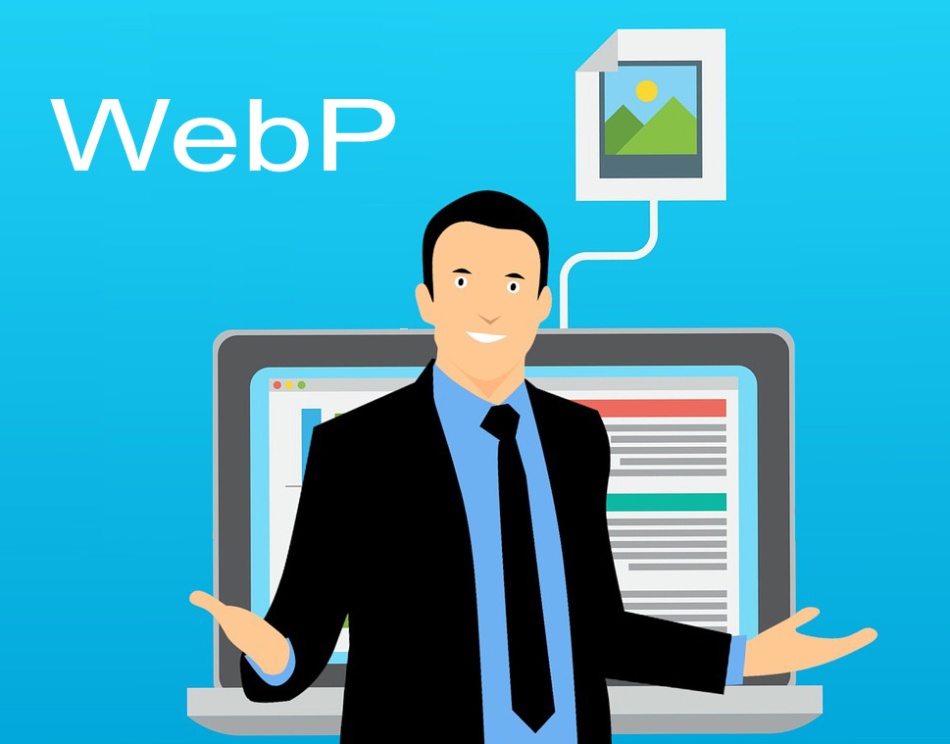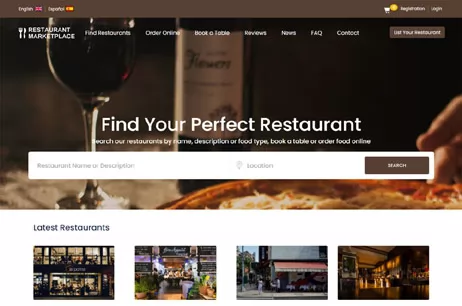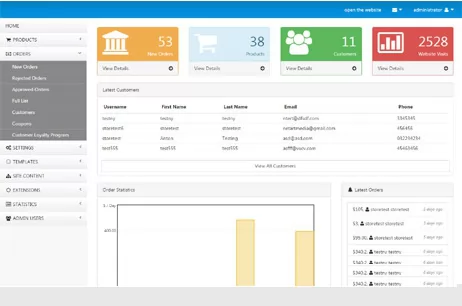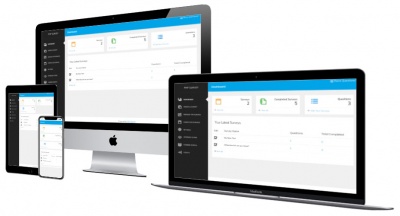What is the WebP image format and why is it the best choice for websites in 2022?
In simple words, the WebP (Web Picture) file format, developed by Google, aims to create web images in smaller file formats and with better image quality, which makes it easier to load web pages faster.
WebP has been around for a while - it made headlines in a 2010 Google press conference. WebP can be used on a wide variety of photographic and graphic images found on the web, and typically achieves an average file size 35% - 50% smaller than jpg / jpeg, with no loss in image quality.
Nowadays all major browsers support the Webp format - Google Chrome, Firefox [version 24+ as of January 2020], Opera and Safari all support WebP. Microsoft Edge supports WebP through a platform extension (installed by default). Since versions of Microsoft Edge released after January 2020 are based on the Chromium browser, WebP support is built in without the need for platform extensions.
The website loading speed as a SEO factor
For some time now, loading speed has been one of the most important ranking factors for SEO and when optimizing a website for better rankings in Google. If you run a test of your site with the Google's PageSpeed Insights tool - https://pagespeed.web.dev and currently not using WebP on your site, you'll always see in the top of Google's tips for optimization to switch to using more efficient image formats like the WebP and it will give you an exact estimation of the compression you can achieve and loading speed improvements when switching to WebP. In 2022 the time lost when accessing a page is an essential evaluation criterion for both visitors and search engines. Shorter and compressed code or the use of caching mechanisms are also part of the solution approaches tested for a fast online presence with for example the use of compressed images. As design and background elements, these are integrated in quantity in many projects and their influence on the loading time is often underestimated.
Except for the loading speed and SEO benefits, the WebP format also has other advantages like:
Space saving - the WebP format allows images to take up much less space on our disk or server with the same quality as an image in JPG or PNG format.
Transparency support - it is a format that supports image transparency.
Reduced compression times - the WebP format created by Google far exceeds the decoding and loading times of other image formats.
Animation support - and last but not least, it also supports animation, which also makes it a big rival to the GIF format.
Webp conversion module and integration with websites using our products or other PHP websites
To help switching to WebP easier, the administration panels in the latest versions of our ready-made website systems offer the option to download and enable the WebP module (from the Extensions->Modules page in the main administration panel).
The WebP module can find and convert automatically all available jpeg images to webp on the website - there is no need to make any changes in the code or in the website template (if there is a reference to a .jpg image in the template or any of the site php files, the WebP module will check for a converted webp image and set the site to use it instead).
We also offer the module to websites not using our PHP scripts - to integrate it, it's necessary to include a line of PHP code in your main site PHP file. The module requires the PHP graphics library - GD to be installed on the server. GD is available by default on most of the shared hosting packages and we can provide a test for that or check it for you on request.
Please don't hesitate to contact us for a free consultation, more details and online demos.









